NBS chief: Inflation target hard to meet
National Bank of Serbia (NBS) Governor Radovan Jelašić says the goals set for this year's base inflation rate will be difficult to achieve.
Monday, 19.05.2008.
13:21

National Bank of Serbia (NBS) Governor Radovan Jelasic says the goals set for this year's base inflation rate will be difficult to achieve. “We now need a stable government which will decrease the public spending, continue structural reforms in the economy, make new arrangements with the IMF, speed up the bankruptcy procedures for companies that have buyers,” Jelasic told Belgrade's Ekonomist Magazine. NBS chief: Inflation target hard to meet “In that way, the government would add to a better credit rating of the country, which would decrease interest rates and margins we are paying,” Jelasic said. The head of the central bank added that it is "completely unrealistic in Serbia, where almost one-fourth of the budget is used to pay pensions, to say 'we will increase pensions', even in the election campaign". He also criticized parties for their lack of supports the second pillar of the pension system – the obligatory private pension insurance – and the third – voluntary pension insurance, "which no one is promoting". According to Jelasic, a G17 Plus official, the election campaign directly effected the macro-economic situation in Serbia. “The estimates before the election were that the European bloc and the SRS would have close to the same amount of votes and an increase in demand for foreign currency was noticed, which led to an increase in the value of the euro,” Jelasic said. He said that the NBS was more active on the market and that it sold EUR 38mn in the week before the ballot, because the rate increased rather quickly from 79.7 to close to 84 dinars per euro. “Now the exchange rate is lower again, and the people who did not plan on time lost the most money, because they did not insure themselves from the foreign currency risk. That most often happens to monopolists,” he said. “If, for example, EUR 10mn is needed for some goods, they [monopolists] are not interest in how many dinars will be needed, because the final person who buys their product will cover their damages, or the loss will be handed over to the buyer,” Jelasic said. Radovan Jelasic (FoNet)
NBS chief: Inflation target hard to meet
“In that way, the government would add to a better credit rating of the country, which would decrease interest rates and margins we are paying,” Jelašić said.The head of the central bank added that it is "completely unrealistic in Serbia, where almost one-fourth of the budget is used to pay pensions, to say 'we will increase pensions', even in the election campaign".
He also criticized parties for their lack of supports the second pillar of the pension system – the obligatory private pension insurance – and the third – voluntary pension insurance, "which no one is promoting".
According to Jelašić, a G17 Plus official, the election campaign directly effected the macro-economic situation in Serbia.
“The estimates before the election were that the European bloc and the SRS would have close to the same amount of votes and an increase in demand for foreign currency was noticed, which led to an increase in the value of the euro,” Jelašić said.
He said that the NBS was more active on the market and that it sold EUR 38mn in the week before the ballot, because the rate increased rather quickly from 79.7 to close to 84 dinars per euro.
“Now the exchange rate is lower again, and the people who did not plan on time lost the most money, because they did not insure themselves from the foreign currency risk. That most often happens to monopolists,” he said.
“If, for example, EUR 10mn is needed for some goods, they [monopolists] are not interest in how many dinars will be needed, because the final person who buys their product will cover their damages, or the loss will be handed over to the buyer,” Jelašić said.












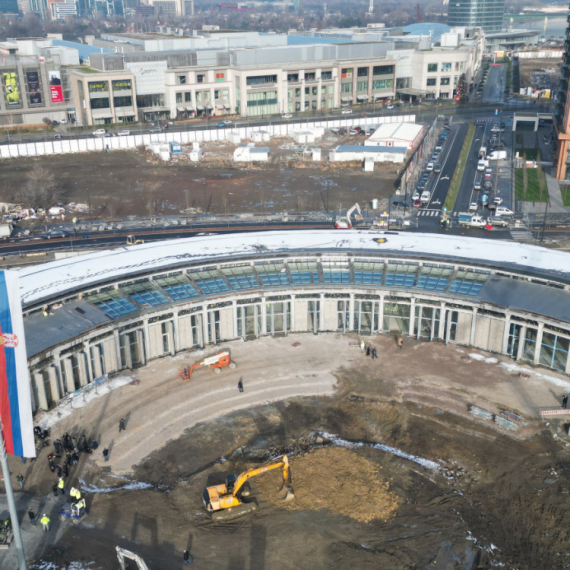





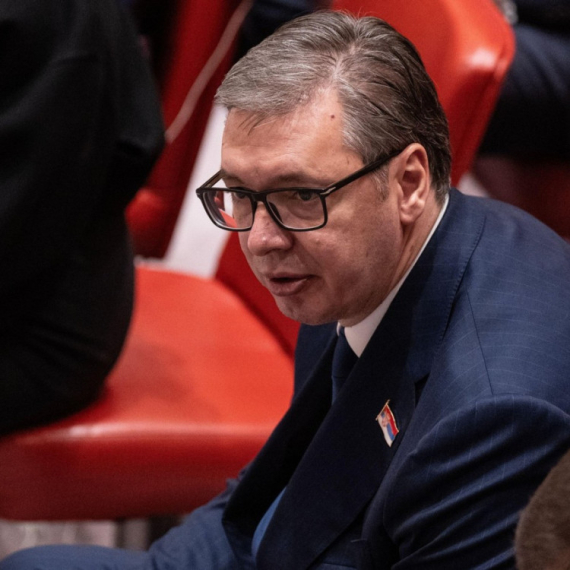
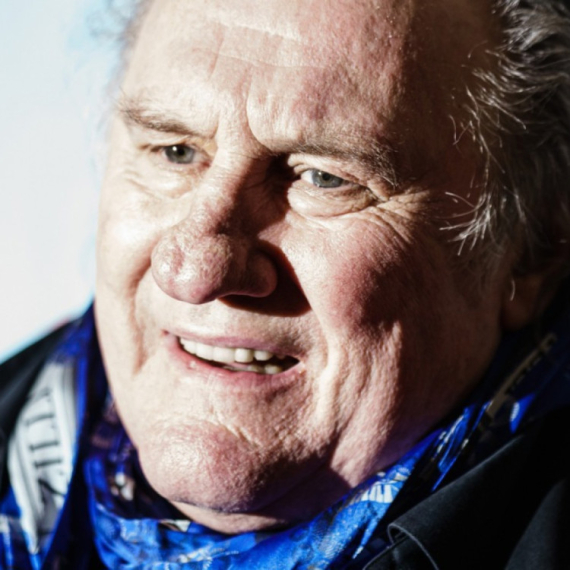
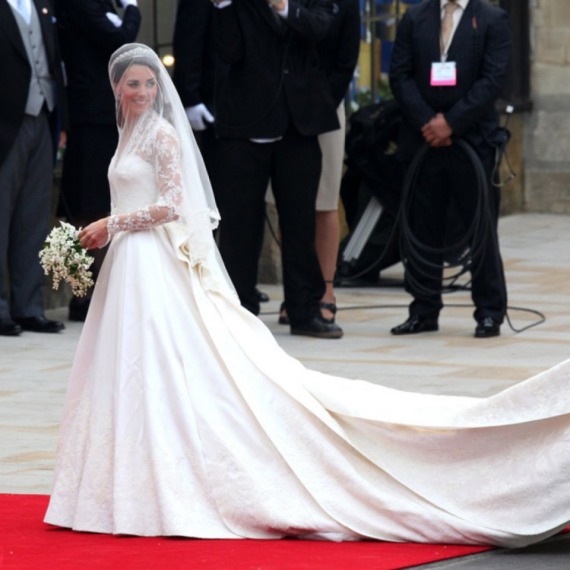


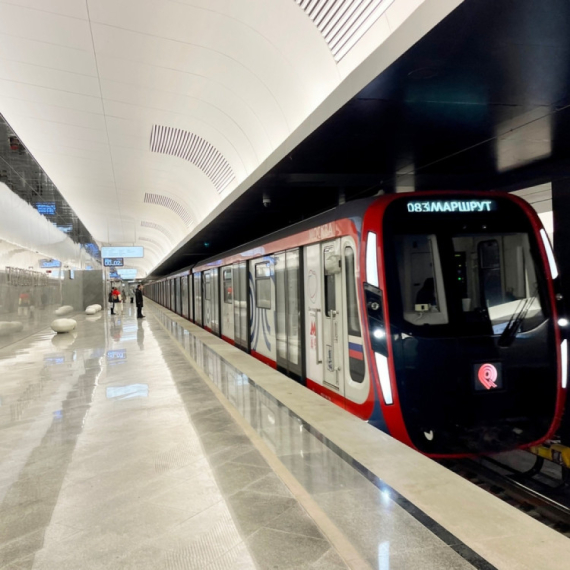


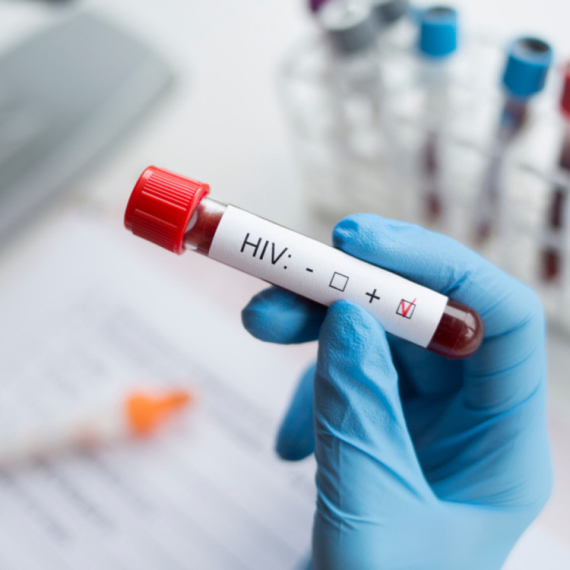
















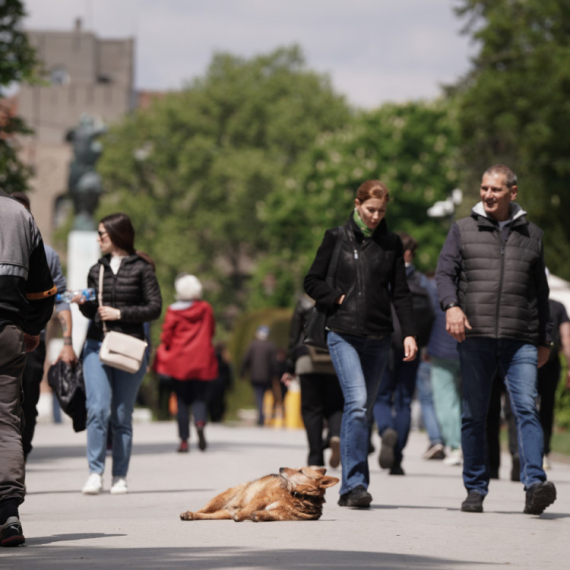

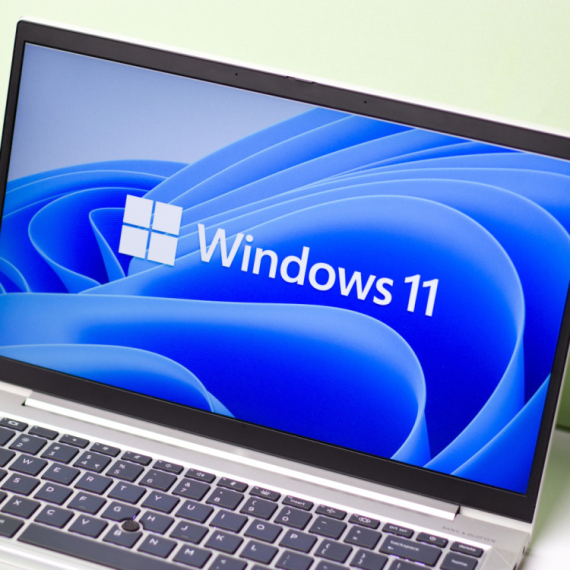








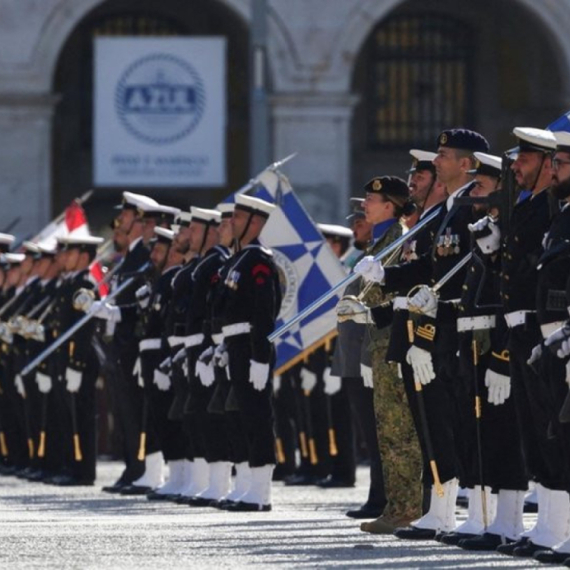
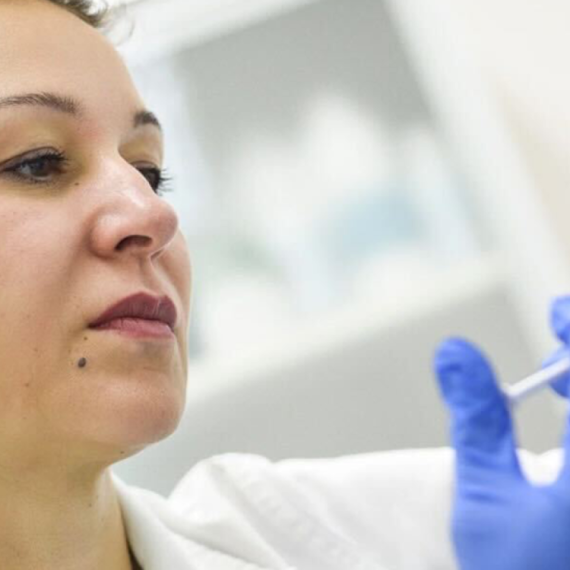




Komentari 0